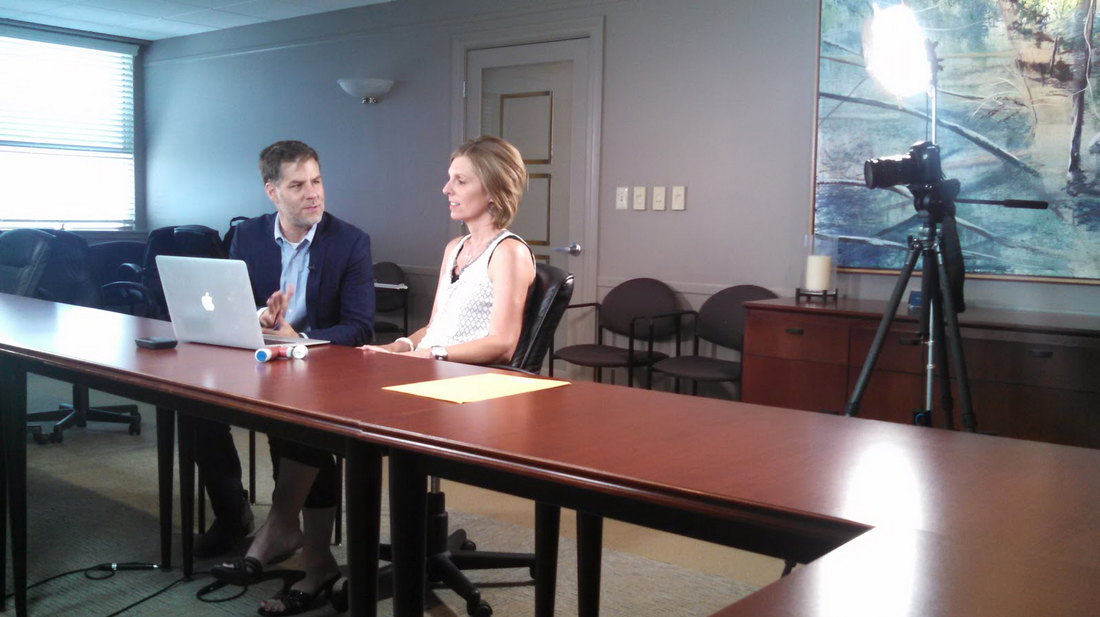Just as healthcare is moving far beyond the doctor’s office, science is branching out beyond labs and universities. AIR Louisville is one of many projects featured in this public TV series that comes out in spring 2017.
The Crowd and the Cloud is a 4-part public television series exploring citizen science in the age of mobile technology.
The series explains how regular folks — the Crowd — can work together — using the Cloud — to solve some of today’s largest challenges. C&C’s vision is that citizen science combined with big data and mobile technology can serve as an early warning systems for earthquakes, epidemics, floods, and climate change. The project is funded by the National Science Foundation.
Earlier this year, the AIR Louisville team talked with the filmmakers during a Google Hangout on Air. Meredith Barrett and Melissa Williams from Propeller Health, and I spoke with Darlene Cavalier , founder of SciStarter, about the why and the how of our community asthma program. Our conversation was 30 minutes, but you can watch the highlights in the Hangout Rewind video.
The four episodes include:
- Episode 1: Even Big Data Starts Small
- Episode 2: Viral vs. Virus
- Episode 3: Feet In The Field, Eyes In The Sky
- Episode 4: Citizens4Earth






 RSS Feed
RSS Feed